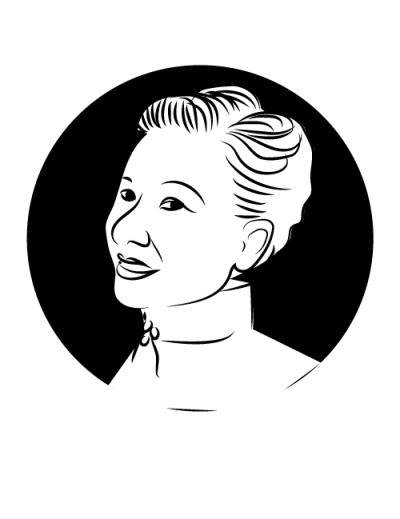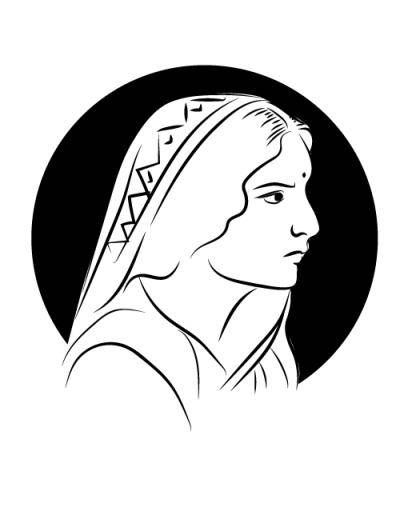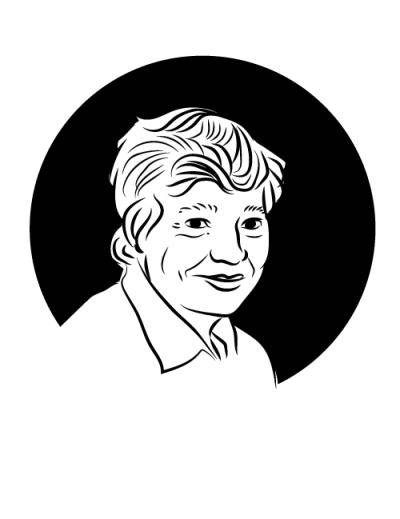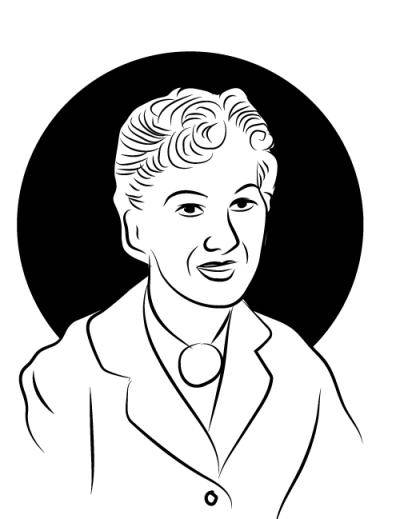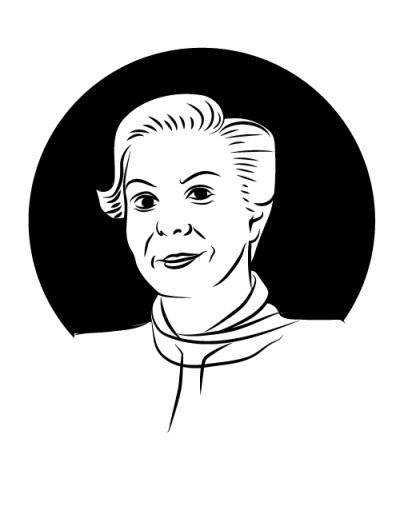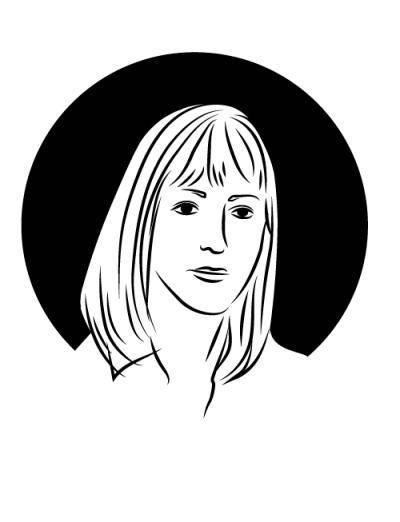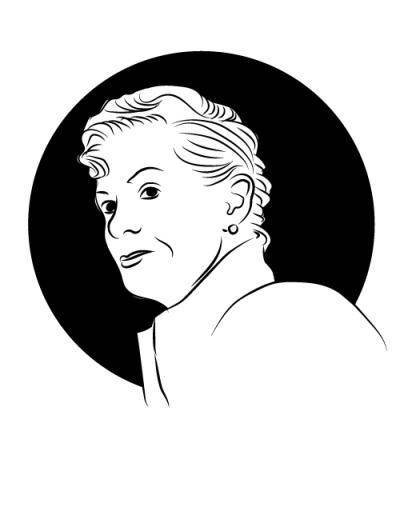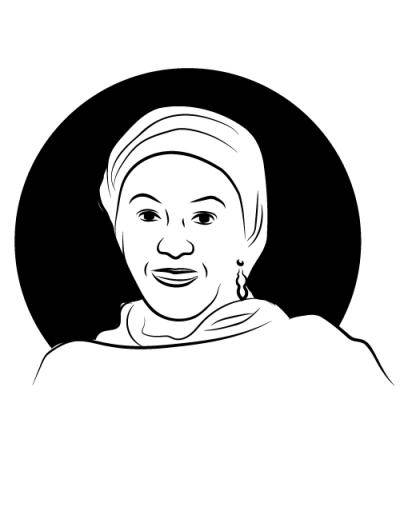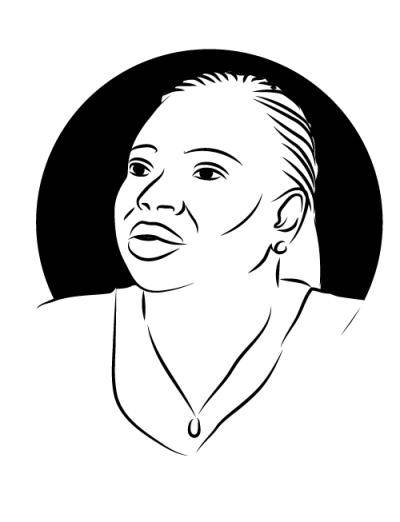Women who helped shape our world
[ad_1]
The women here are but a small selection from a deep and wide pool of revolutionaries, academics, internationalists and global leaders. Each has made an indelible mark on the world today.
US-Taiwan-China relations
Soong Mei-ling
(1898–2003)
First Lady of the Republic of China
While she was known as Madame Chiang Kai-shek, Soong Mei-ling forged a path of her own making to become one of the most famous women of her era. Married to the Kuomintang general and Republic of China’s president, she worked as his English translator and adviser. The couple fled to Taiwan after the Kuomintang defeat. During the Second World War, she played an important diplomatic role, and later became the first Chinese national and only the second woman to address a joint session of the US Congress. For nearly 25 years she was included on the list of America’s ten most admired women. She died in her sleep in her Manhattan apartment at the age of 105.
India in the world
Vijaya Lakshmi Pandit
(1900–1990)
President of the UN General Assembly
From freedom fighter to global diplomat, the path to the world stage for Vijaya Lakshmi Pandit is bound with India’s modern history. As the sister of Jawaharlal Nehru, Pandit’s Indian nationalism ran through her veins, and she was imprisoned three times by the British during the struggle for independence. Pandit went on to become the first woman to hold a cabinet position under colonial rule. Post-independence she represented India as the young nation’s first ambassador to the Soviet Union before moving to ambassadorships to the United States, Mexico and Spain. In 1953 she became the first female president of the UN General Assembly.
International political economy
Susan Strange
(1923–1998)
Co-founder of the British International Studies Association
Susan Strange has been hailed as ‘a towering figure in British international relations and a world-leading thinker on international political economy’. With her background as a journalist for The Economist and The Observer, Strange was well placed to study the relationship between state power and global finance. At Chatham House she turned to research, deepening her theories which led to the establishment of international political economy as a field of study. Strange built the graduate programme in international political economy at London School of Economics as well as co-founding the British International Studies Association, and she became the first female president of the International Studies Association.
Women, peace and security
Dame Margaret Anstee
(1926-2016)
Lifetime UN Diplomat
Dame Margaret Anstee is widely described as a woman of firsts. She joined Britain’s Foreign Office in 1948 when it opened diplomatic positions to women. But the Foreign Office’s policy on not allowing married women in service led to her resignation a year later. She then joined the United Nations, and over a 40-year career became the first female head of economic and social development, as well as peacekeeping missions throughout the developing world, rising to the rank of under-secretary-general. Anstee chaired the Windhoek seminar which provided the foundational documents for UN Security Council Resolution 1325, putting women, peace and security on the global agenda.
Middle East peace process
Hanan Ashrawi
(1946-)
Executive Committee Member, Palestine Liberation Organization
Since the 1987 intifada, Ashrawi has championed Palestinian self-determination in many roles. She was the official spokesperson for the Palestinian delegation to the peace talks brokered by George HW Bush from 1991 to 1993. A pioneer like her father, a founder of the Palestinian Liberal Organization, Hanan was elected to the Executive Committee of the PLO in 2009, becoming the first woman to serve in Palestine’s highest executive body. Never scared to press for change, she has embodied the ‘new spirit of Palestinian pragmatism’, and her work on gender equality and nation-building has rippled throughout the region. Her contributions to Palestinian culture and civil society run parallel to her official roles: she founded several initiatives and championed Palestinian literature.
The landmine ban
Jody Williams
(1950-)
Founding coordinator of the International Campaign to Ban Landmines
Jody Williams is a peace campaigner who is a living inspiration for grassroots activists seeking global change. She is best known for establishing the International Campaign to Ban Landmines in the early 1990s. The campaign grew from a collaborative effort between two NGOs into an initiative encompassing more than 1,300 organizations, spread across 95 countries, and culminated in the Mine Ban Treaty of 1997 with more than 100 signatories. She was awarded the Nobel Peace Prize in the same year. In 2006, she joined forces with fellow women laureates to establish the Nobel Women’s Initiative with the aim of amplifying the work of other women fighting for gender equality and world peace.
The Paris Agreement
Christiana Figueres
(1956-)
Executive Secretary of the United Nations Framework Convention on Climate Change
This Costa Rican diplomat has worked in public service for 40 years beginning in the Costa Rican embassy in Germany. In the mid-1990s, Christiana Figueres joined the Costa Rican climate-change negotiating team, and in 2010 she was appointed executive secretary of the UN Framework Convention on Climate Change, responsible for the international climate change negotiations after the failed COP15 in Copenhagen. Her leadership culminated in the first legally binding treaty uniting countries under the common goal of limiting global warming – the Paris Agreement.
Global, sustainable development
Amina J Mohammed
(1961-)
UN Deputy Secretary-General and Chair of the UN Sustainable Development Group
From her work on the Millennium Development Goals for the Nigerian government, Ban Ki-moon, the former UN secretary-general, appointed Amina J Mohammed as his special adviser on post-2015 Development Planning in the lead up to the Sustainable Development Goals summit, which set the global development agenda through to 2030. She spent a stint as the Nigerian minister of the environment then headed back to the UN where she currently acts as deputy secretary-general.
International criminal justice
Fatou Bensouda
(1961-)
Prosecutor of the ICC
This Gambian lawyer joined the International Criminal Court two years after it was founded. Bensouda held a number of positions at the court over 20 years, spending nearly a decade as the head of the Office of the Prosecutor. During this time, her office put many less recognized forms of violence into the dock, including violence against women and children and the destruction of cultural heritage. Under her leadership, her office was nominated for a Nobel Peace Prize in 2021. Before joining the ICC, Fatou made a name for herself at the International Criminal Tribunal for Rwanda, and before that in 1998 was only the second woman to serve as The Gambia’s Minister of Justice.
[ad_2]
Source link
